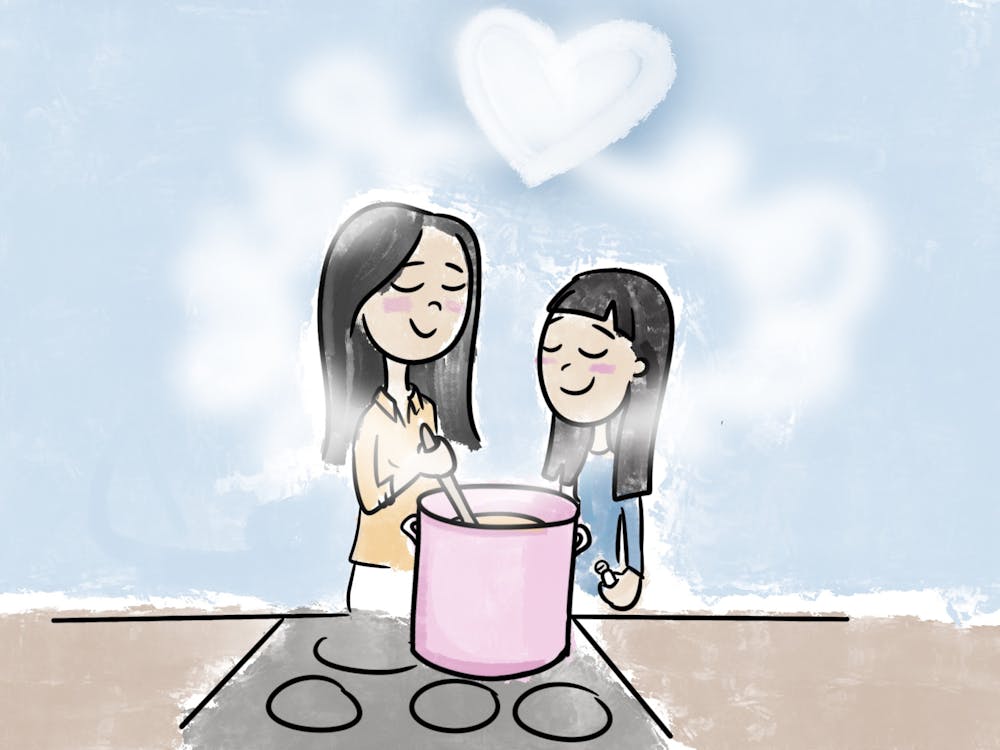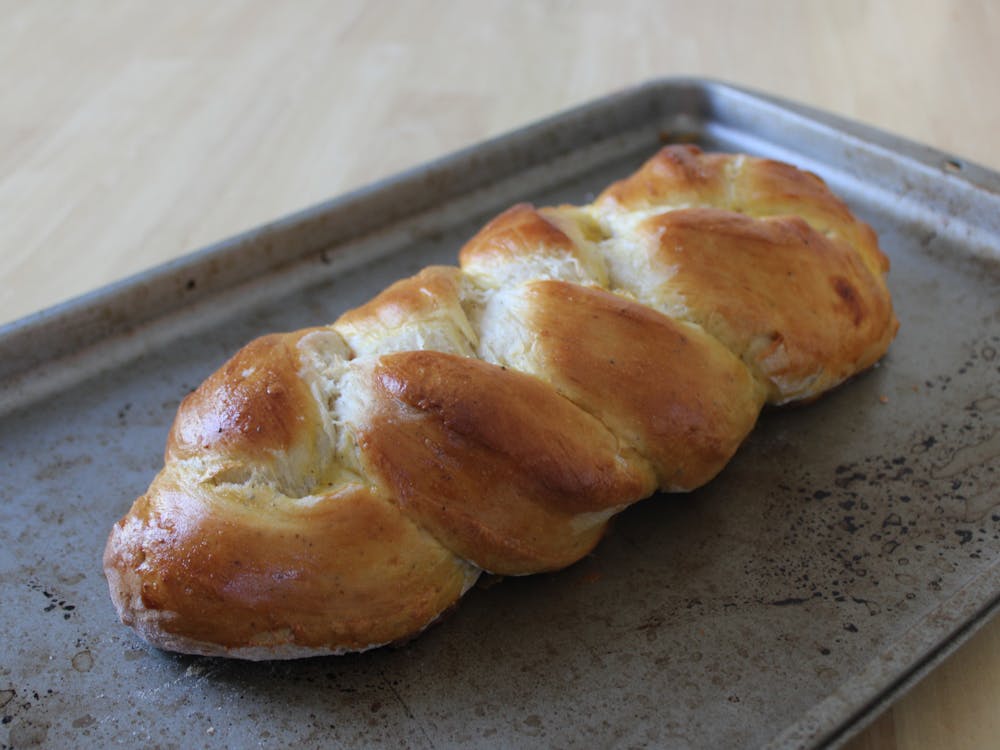Though now our News Feeds are loaded with articles like “Ten Celebrity #TBT Pics You Must See” or “Try Not to Cry at this Insta of a High School Musical Reunion,” believe it or not, nostalgia has not always held such appeal. The word nostalgia was first coined in the 17th century by Swiss physician Johannes Hofer describing the physical and mental ailments Swiss soldiers felt when longing for home. In fact, the word nostalgia comes from the Greek word “nostos,” meaning homecoming, and “algos,” meaning pain.
For many decades, nostalgia was considered a diagnosable disorder. Physicians and philosophers tried all sorts of treatments to try and knock the nostalgia out of people — from leeching to burying nostalgic patients alive. I had usually regarded nostalgia like a childhood friend. But, this winter break, I began to understand why our forefathers might have found nostalgia so undesirable.
It’s no debate that the University can be a very competitive place. Now that I was at home, without stellar peers to compare myself to, I was forced to turn to my nearest competitor — my past self. I spent many days lingering over old photo albums of baby-me squeezed between mom and dad at Disney World. I asked myself — are you as happy now as you were then? There were heartfelt yearbook signatures from senior year. Do people love and respect you now as much as they did then? Bookcases of old medals and trophies. Are you as accomplished now as you were then? I couldn’t help feeling a disconnect. Things were so good back then. What happened to the now? Why am I always so restless? Why do I feel so behind?
Researcher and Psychologist Dr. Constantine Sedikides explained in a New York Times article that many people use nostalgia as an implicit way of declaring the past was better. A way to say those were “the good old days,” and it will never be like that again. This can often lead to mournfulness over the present. Sedikides argues though that this isn’t the healthy way to think of nostalgia. It certainly wasn’t healthy for me. He claims that rather than being a joy-sucking disease, nostalgia can actually be a vital tool and something that should be practiced frequently.
Yes — in one sense, nostalgia can be used as this comparison game between the past and the present, with the past reigning victorious. On the other hand, nostalgia can serve as a testament of the relationships and experiences that have made our lives meaningful. It reminds us that we have lived a life worth being nostalgic over. Moreover, when we take a closer look at our memories, they are often not as rosy as our nostalgic minds made them seem.
Every moment in life is filled with both great laughs and great tears. The beauty of nostalgia is that it holds onto the best parts. This reminds us then that though our present might be filled with unsurmountable uncertainty and pain, there can always be a moment of beauty to hold onto in the future. This means that we must not forget to live in the present, and make the present something worth being nostalgic over later. Therefore, I’m now trying to retrain my brain to look at the past as a repository of all the valuable blessings in my life to spur me on for the future, not an exhibit of all the potential I’m wasting away now.
So perhaps as the semester fast approaches and stresses mount, if you find yourself reminiscing over winter break or pre-college days when life seemed so much simpler, don’t stop. Nostalgia can actually help you. Turn up that throwback playlist. Eat a bowl of Captain Crunch. Watch some Hannah Montana. But also don’t miss out on the chance to make the present memorable so in a few years you can look back at your years at the University with that bittersweet nostalgia we know and love.





